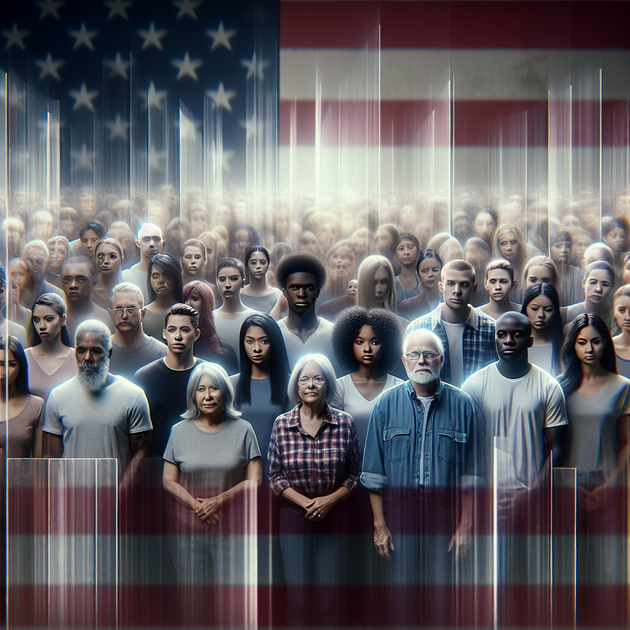Ever wondered just how closely our personal beliefs might tie into something as serious as supporting political violence? A new study of over 9,000 Americans has revealed some eye-opening—and honestly, pretty unsettling—connections between prejudice and people’s willingness to back violent actions for political reasons.
Let’s dive into what this means for America today.
What Did the Study on Prejudice and Political Violence Find?
Researchers surveyed 9,385 adults across the US and asked them about their beliefs on several hot-button issues—race, gender identity, immigrants, sexism, and religion. Then they looked at whether people who strongly endorsed these prejudices were also more likely to support acts of political violence.
Here’s what stood out:
- Racist beliefs: Strongly endorsed by 19.5% of respondents
- Transphobia: Strongly endorsed by 16.9%
- Xenophobia: Strongly endorsed by 9.8%
- Hostile sexist views: Strongly endorsed by 7.7%
- Islamophobic attitudes: Strongly endorsed by 5%
But here’s where it gets really worrying: those who held strong prejudices were far more likely to say that using violence for political purposes was justified—even necessary—in certain situations.
How Common Are These Prejudiced Beliefs?
If you’re surprised that nearly one in five Americans admitted to holding strong racist views in this study—you’re not alone! The numbers for other forms of prejudice like transphobia (almost one in six), xenophobia (about one in ten), and Islamophobia (one in twenty) might seem lower but still represent millions of people nationwide.
To put it another way:
- If you gathered a group of ten random adults across the country, at least two would likely hold strong racist or transphobic beliefs.
- A group of fifty? Probably at least two with intense Islamophobic attitudes.
The findings suggest that these kinds of attitudes aren’t fringe—they’re part of mainstream American society.
The Link Between Prejudice and Political Violence
So why does having prejudiced beliefs make someone more likely to support political violence?
It comes down to a way of seeing the world as “us vs. them.” When people believe certain groups are inferior or dangerous—whether that’s based on race, gender identity, where someone comes from, or religion—they’re quicker to justify harsh actions against those groups or anyone seen as their “supporters.”
The researchers found that those strongly endorsing any form of prejudice were significantly more likely than others to say they’d be okay with—or even participate in—violent acts if they felt it served a political cause they cared about.
This isn’t just an abstract idea either. Think about recent headlines—violent protests at rallies, attacks motivated by hate or ideology—it’s clear how fast heated beliefs can lead to real-world harm.
A Personal Story That Hits Home
I remember chatting with an old friend from high school last year during one of those social media debates we all get sucked into at some point. He started sharing some pretty extreme views about immigrants “ruining the country.” When I asked if he thought harsh measures—even violence—were ever justified to “take America back,” he hesitated… then said yes.
That moment stuck with me. My friend isn’t some cartoon villain—he’s a regular person who got swept up in divisive rhetoric and fear-mongering online. This study backs up what I saw firsthand: when prejudice festers unchecked, it can push ordinary folks toward supporting things they never would have considered before.
What Does This Mean for Us All?
It’s easy to shrug off studies like this as just numbers on a page—but behind every percentage point are real people making decisions that shape our communities and politics. If nearly one-fifth of Americans openly hold these kinds of beliefs (and many more might not admit it out loud), there’s clearly work left to do.
A few takeaways:
- Prejudice is widespread.
- It directly fuels willingness to support or excuse violence for political ends.
- Tackling hate isn’t just about being nice—it could actually keep our democracy safer.
So next time you hear someone brush off hateful comments as “just talk,” remember—the link between words and real-world harm is closer than we may think.
What steps do you think we should take—individually or as a society—to break this cycle between prejudice and political violence?

Leave a Reply